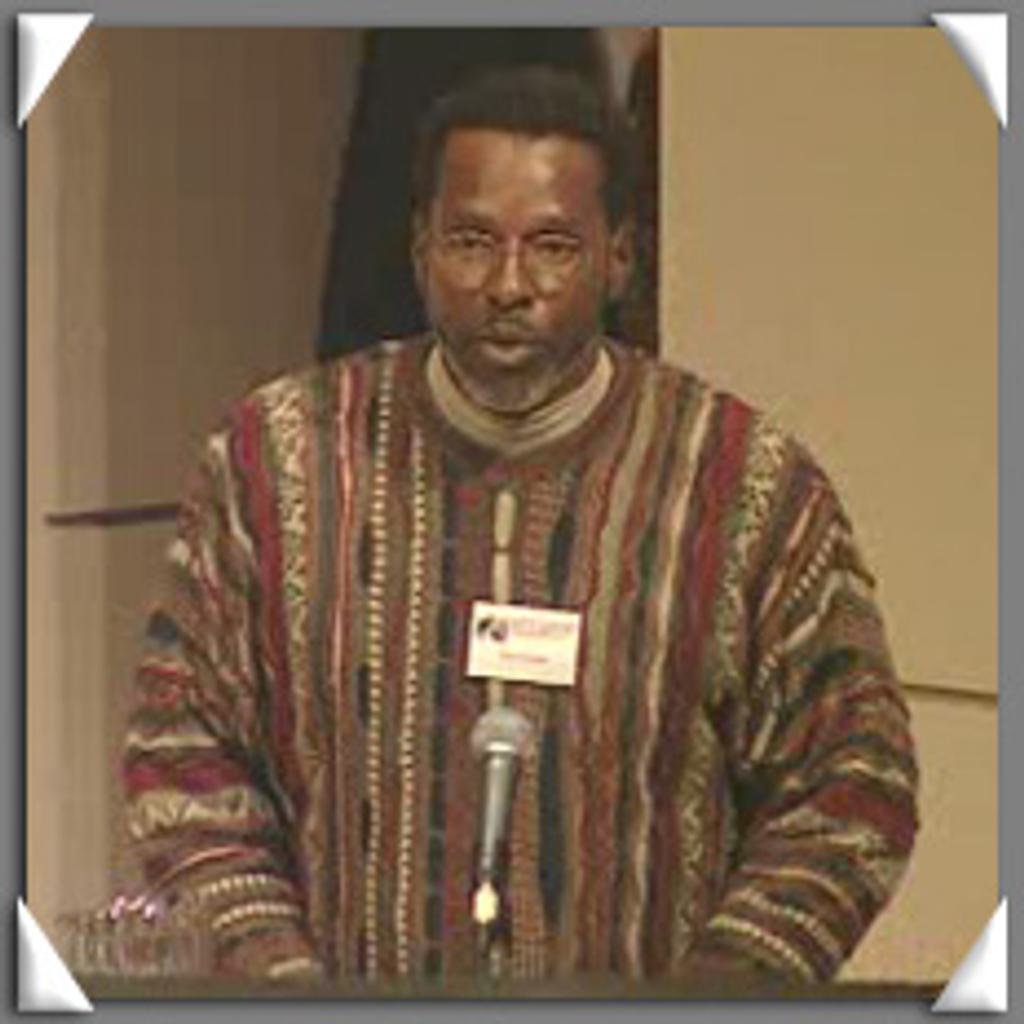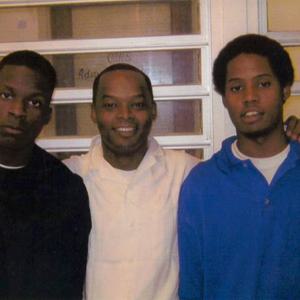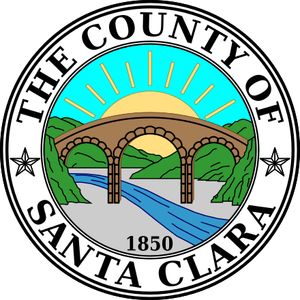
Several cases in California illustrate the inherent risk with the death penalty that an innocent person could be executed. Lee Farmer was freed from death row in 1999 after winning a new trial based on newly discovered evidence that an accomplice admitted to the crime for which he faced execution. Farmer was acquitted of murder at his retrial. Troy Lee Jones (pictured) was sentenced to death even though there were no eyewitnesses to the murder of which he was accused. Jones’s conviction and sentence were overturned in 1996 because he received inadequate representation. The state dropped all charges. Patrick Croy and Jerry Bigelow had their death sentences overturned by the California Supreme Court. Both were acquitted of the main charges against them at retrials. Oscar Lee Morris’s capital conviction was overturned because prosecutors withheld crucial evidence. The state eventually dropped all charges. Charles Bonneau, a lawyer for an inmate who was released after 14 years on death row, said cases like these should lead to the conclusion that “it’s just a bridge too far for human beings to try to make that judgment” between life and death.
(B. Egelko, “Death penalty ban seeks to answer doubts,” San Francisco Chronicle, September 16, 2012). Another man, Shujaa Graham, was sentenced to death in 1976 under California’s prior law. He was cleared of all charges and freed in 1981. See Innocence. Listen to DPIC’s podcast on Innocence.



